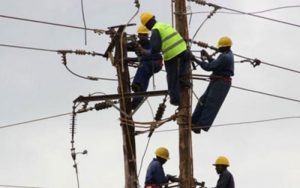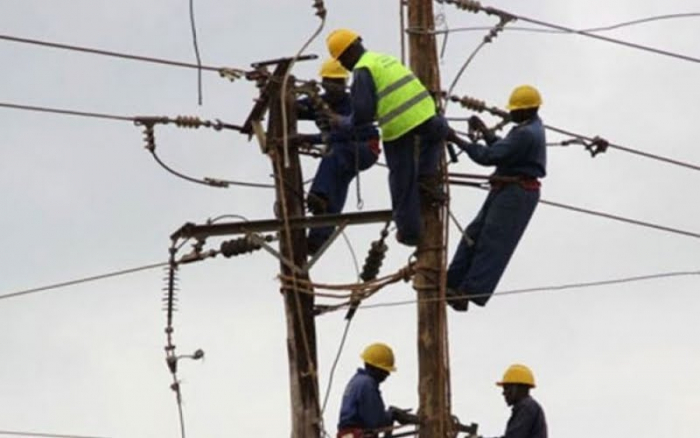The National Water and Electricity Company (NAWEC) is facing widespread criticism after cutting off power to several homes in Essau, North Bank Region, over what it described as illegal electricity connections.
The move has sparked anger among residents, who say the disconnections were carried out abruptly and without proper notice or a chance to explain their situation. Community leaders have condemned NAWEC’s actions as heavy-handed and insensitive, urging the company to quickly resolve the standoff.
Members of the Essau Village Development Committee (VDC) are currently in talks with NAWEC officials in the region to restore electricity to the affected households.
One affected resident, Gibbi Sey of Essau Quarry, said the outage has caused significant hardship.
“The disconnection has affected us badly. Imagine buying food, fish, meat, and other perishables for two weeks or a month, only for it to spoil because we have no power,” he told JollofNews.
The blackout has hit several parts of the village, including Essau Geddah Quarreh, Essau Dankullar, and Essau Nema.
When this reporter visited the NAWEC office in Essau to seek clarification, staff members declined to comment officially. One senior employee, who asked not to be named, said they were not authorised to speak to the media but confirmed that the disconnections were due to illegal connections and safety concerns.
“Yes, we disconnected some compounds for illegal connections. These homes were linked to iron poles from the World Bank rural electrification project without following proper procedures. Those poles were never meant for domestic use they pose serious safety risks,” the staff member explained.
“We don’t want another tragedy like the Kerr Galo incident. It’s dangerous, especially for children.”
However, residents insist that the illegal connections were not done by them.
“It’s obvious that ordinary people can’t do this kind of connection. It was NAWEC people who came around installing the lines,” said one resident who requested anonymity. “Before the installation, each compound head was asked to pay D18,000 to NAWEC for the connection. We were also told to buy concrete poles for D35,000 each because the iron poles weren’t allowed in homes. If it was illegal, why did they connect us in the first place?”

The controversy has deepened mistrust between residents and NAWEC, as both sides trade blame over who is responsible for the illegal hook-ups.
For now, many families in Essau remain in darkness, waiting for a resolution that restores not just their electricity but their confidence in the system meant to serve them.





